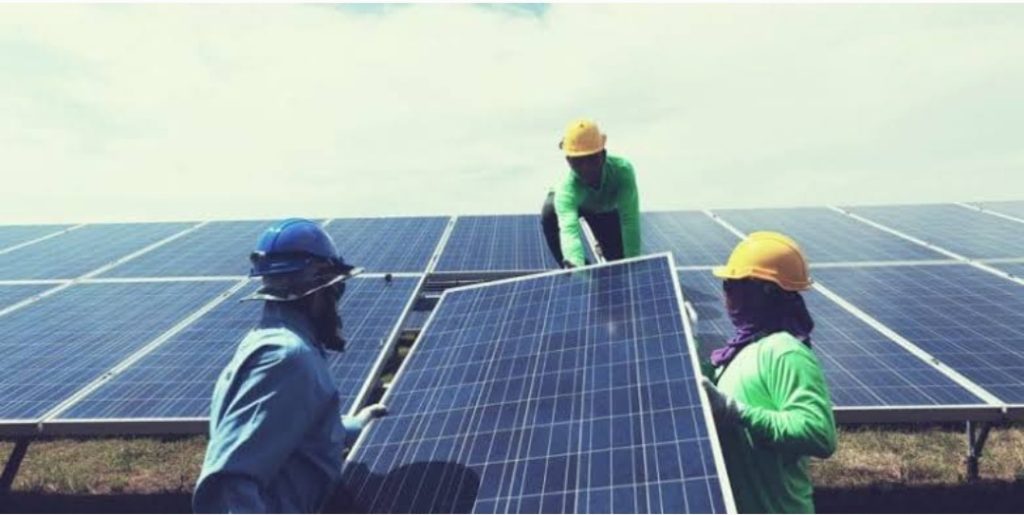Renewable energy refers to energy that comes from naturally replenishing sources and can be used indefinitely without being depleted. Examples of its sources include solar energy, wind energy, hydropower, geothermal energy, and biomass.

Solar energy is derived from the sun’s rays and can be converted into electricity using photovoltaic panels or used directly for heating or cooling. Wind energy is harnessed by using wind turbines to generate electricity. Hydropower uses the energy of falling water to generate electricity. Geothermal energy is derived from the heat of the earth’s core and can be used for heating and cooling buildings or generating electricity. Biomass is derived from organic materials such as wood, crops, and animal waste and can be used to generate electricity or for heating.
Its sources have several advantages over non-renewable sources, including a lower environmental impact, greater energy security, and long-term cost savings. As they do not emit greenhouse gases or other harmful pollutants, renewable energy sources can help reduce air and water pollution and mitigate the impacts of climate change. Additionally, renewable energy sources are not subject to the same price fluctuations and supply disruptions as non-renewable sources, making them a more reliable and secure energy source. Finally, while renewable energy infrastructure can require significant upfront investment, the long-term cost savings can be substantial as the fuel is free and the infrastructure has a long lifespan.

It has the potential to unlock Africa’s growth potential in a number of ways. Firstly, it can provide access to electricity in areas where there is no existing grid infrastructure or where the existing grid infrastructure is unreliable. This can enable businesses to operate more efficiently, improve health outcomes by enabling access to medical facilities and reduce poverty by providing lighting and other basic services to households.
Secondly, it can help reduce the continent’s reliance on fossil fuels, which are expensive to import and often subject to price volatility. By developing its renewable energy resources, Africa can create a more stable and affordable energy supply, which will benefit both households and businesses.
Thirdly, it can provide opportunities for job creation and economic development. The installation and maintenance of renewable energy infrastructure require a skilled workforce, and the development of renewable energy projects can create new business opportunities and attract investment.

Finally, it can help Africa meet its commitments under the Paris Agreement on climate change. By reducing its reliance on fossil fuels and developing renewable energy infrastructure, Africa can help reduce global greenhouse gas emissions and mitigate the impacts of climate change.
Overall, it has the potential to unlock Africa’s growth potential by providing access to reliable and affordable energy, creating jobs and economic opportunities, and contributing to global efforts to address climate change.


